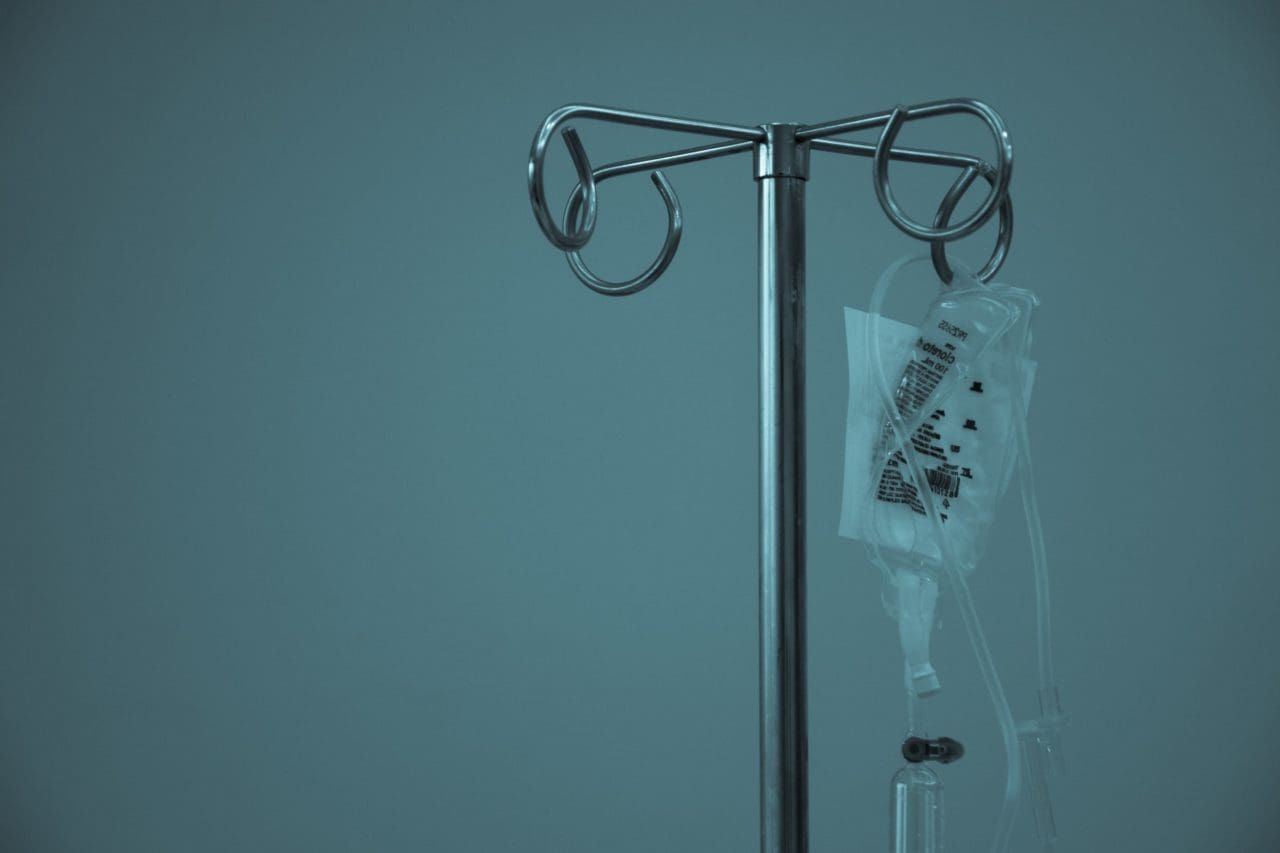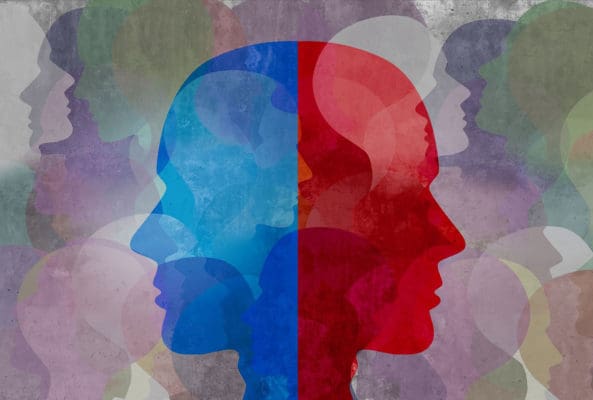Medical Editors: Dr. Lynn Marie Morski, MD, Esq and Dr. David Cox, PhD, ABPP
You’re too anxious to fall asleep, and when you do, you’re plagued with nightmares acting out your most terrifying memories. Flashbacks of a battle, an assault, or a terrible car crash you survived interrupt your daily life. Interpersonal relationships start to fall apart, and you feel so alone that suicidal thoughts plague you. Desperate, you seek out a psychiatrist, only to be prescribed meds that don’t work.
This is life with post-traumatic stress disorder.
According to the U.S. Department of Veteran Affairs, 8% of the U.S. population lives with PTSD, and it’s estimated that one in 10 veterans are diagnosed with the disorder. The current methods of talk therapy and medications such as SSRI antidepressants or mood stabilizers often don’t cut it for patients. Studies show that antidepressants don’t work enough for multiple-trauma survivors, and unfortunately, talk therapy can only go so far.
Despite decades of stigma and misinformation, we are now in the midst of a psychedelic renaissance where doctors and government agencies recognize the powerful role these substances can play in treating PTSD.
What is Psychedelic Therapy?
Psychedelic therapy is the use of psychedelics for therapeutic purposes, often taking the form of a psychedelic being administered under a therapist’s supervision. While therapy on its own is powerful, it takes time for a patient and therapist to build trust. For many people, the effects the psychedelic has on the tk can expedite healing, especially when done with a trained therapist’s care and safety and in conjunction with talk therapy.
Psychedelic Therapy for PTSD
PTSD can come with severe and disruptive symptoms, such as flashbacks, anxiety, insomnia, and even suicidal thoughts. Not all PTSD patients experience results through treatment with SSRI antidepressants or talk therapy alone. According to the U.S. Department of Veterans Affairs, while SSRIs are associated with an overall response rate of approximately 60% in patients with PTSD, only 20% to 30% of patients achieve complete remission.
Evidence suggests that some psychedelics, like MDMA, can indeed treat PTSD. While the substance remains illegal, experimental studies show success in treating PTSD with MDMA combined with psychotherapy.
Neurologically, MDMA is a monoamine releaser. It encourages the brain to release serotonin, dopamine, and noradrenaline and elevates serum oxytocin. Brain imaging shows brain reduced amygdala activity after taking MDMA administration. As a result, patients experience decreased hypervigilance (a common PTSD side effect) and anxiety, increased relaxation, and overall enhanced mood.
In 2017, MDMA was granted breakthrough therapy status by the FDA, which indicates that there is preliminary evidence that the drug has therapeutic value.
In an analysis of six phase 2 trials on MDMA for PTSD, researchers found that the number of patients who no longer met the criteria for having PTSD at long-term follow-up was 67%. This means that nearly two-thirds of participants, having undergone several psychotherapy sessions and three MDMA-assisted psychotherapy sessions, along with preparation and integration, had improved to the point that a year following treatment, they no longer had PTSD.
So far, the phase 2 clinical trials suggest that MDMA can treat PTSD by reducing fear and defensiveness while enhancing empathy, communication, and introspection. This helps people with PTSD revisit and process traumatic events without becoming overwhelmed. As a result of these trials, MDMA is currently in phase 3 trials in the U.S., Canada, and Israel and could be FDA-approved by 2023.
MDMA isn’t the only drug with evidence that supports its effectiveness in treating PTSD. A 2013 animal study found that mice overcame fear conditioning on psilocybin, suggesting that magic mushrooms may help PTSD patients break the traumatic thought cycle that is a prevalent feature of the condition.
An NYU study of terminally ill cancer patients found that one dose of psilocybin provided rapid relief from emotional distress. The calm following the dose lasted for at least six months in 80% of the patients. Research suggests psilocybin works by the signaling chemical serotonin, which is known to control mood and anxiety.
Ketamine was initially developed as an anesthetic for use on the battlefield, although it happens to have psychedelic properties. It is used off-label to treat depression and PTSD through intravenous infusions or intramuscular injections. This treatment is now available in most major cities, and with a prescription, is legal for at-home use via a nasal spray or lozenges. It is theorized that ketamine helps reset the default mode network, DMN, or the part of the brain which helps process painful thoughts and patterns. With infusions, patients typically come in for an initial six sessions to minimize or eliminate severe symptoms and then come back for boosters as needed.
Is Psychedelic Therapy Legal?
Most psychedelics are still illegal in the United States, which is why many patients elect to seek treatment either out of the country or underground. If you choose to go these routes, make sure that it’s with a qualified and trusted therapist or guide.
Psilocybin for therapeutic purposes became legal in Oregon in November of 2020, though the model through which this will be enacted will take two years to formulate. Psilocybin is decriminalized in many cities such as Oakland, Denver, Ann Arbor, and Washington, D.C. However, even though the science suggests otherwise, it remains an illegal Schedule I drug at the federal level, along with cannabis, LSD, and MDMA, meaning that the government sees “no acceptable medical uses and a high potential for abuse.”









